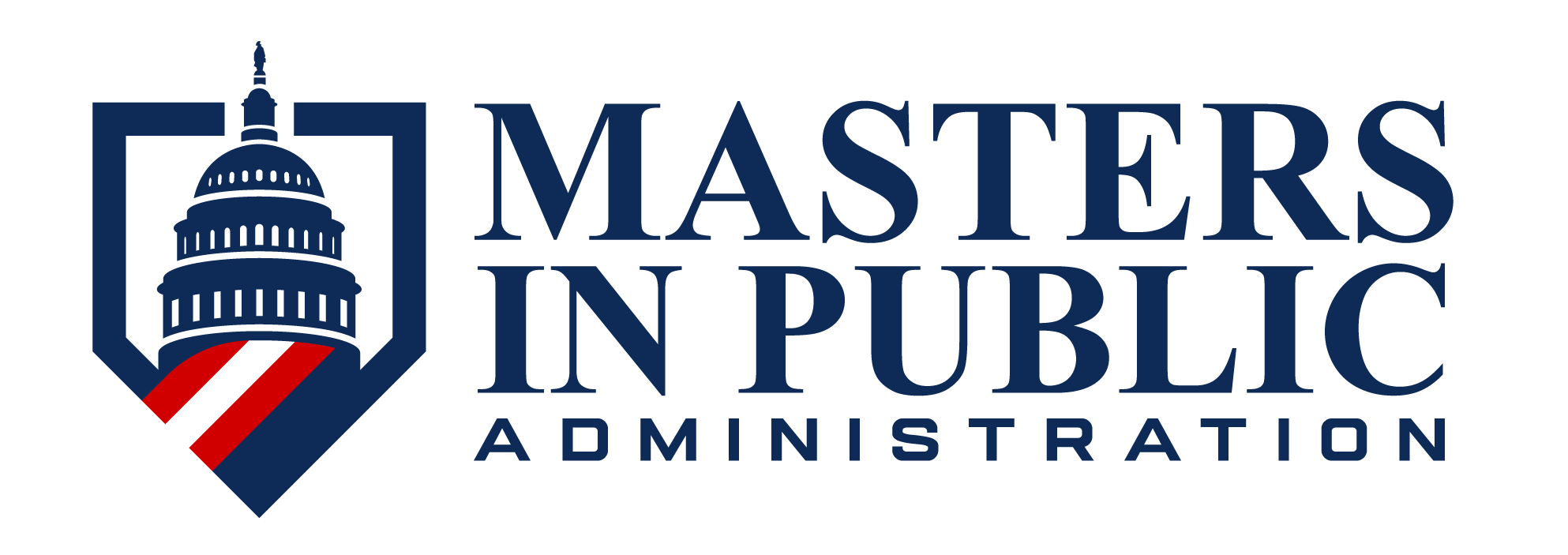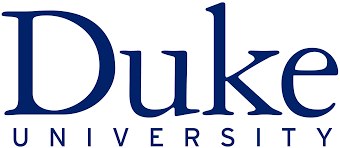Introduction
North Carolina is home to several esteemed institutions with strong MPP programs. Each program provides a distinct approach to public policy education, but all share a commitment to preparing students for impactful careers in policy analysis, management, and leadership. As an MPP student in North Carolina, you will benefit from a curriculum that emphasizes both theoretical foundations and practical applications. Programs often include coursework in quantitative and qualitative methods, policy analysis, public finance, and ethics. Overall, studying for an MPP in North Carolina provides a comprehensive educational experience, enriched by the state’s academic resources, professional opportunities, and quality of life.
Key State Takeaways:
- Total MPP Programs Statewide: 2
- NASPAA-Accredited Programs: 1
- Annual Resident Tuition Average: $29,350 (TTL)
- Annual Non-Resident Tuition Average: $44,300 (TTL)
- Program Formats Offered: On-campus
- Average Starting Salary: $65,000
NASPAA-Accredited MPP Programs in North Carolina
In North Carolina, NASPAA (the Network of Schools of Public Policy, Affairs, and Administration) is the key accrediting body for Master of Public Policy (MPP) programs. NASPAA’s accreditation process is crucial for maintaining high standards in public policy education within the state. This accreditation ensures that MPP programs in North Carolina meet rigorous academic and professional benchmarks, providing students with a quality education that is recognized both locally and nationally:
Duke University
- Durham, NC.
- 39 Credit Hours
- Campus
Program:
Masters of Public Policy (MPP)
Program Overview:
The Master of Public Policy (MPP) at Duke University’s Sanford School of Public Policy in Durham, NC is a full-time, two-year professional degree designed to prepare students for leadership roles in public, nonprofit and private sectors around the globe. The program emphasizes rigorous analytical training, including economics, quantitative methods, policy analysis, and culminates with a capstone project and internship that connects students with real-world policy work.
Leveraging Duke’s interdisciplinary environment, the MPP offers broad policy concentration options (e.g., environment & energy, health policy, international development, technology policy) and dual-degree pathways (JD, MBA, MEM, engineering, data science) so that students can combine analytic policy foundations with domain-specific expertise.
Unique Components:
- Wide array of concentrations. The curriculum offers eight policy-area concentrations (such as environment & energy, health policy, international development, tech policy, social policy) allowing students to specialize and have the concentration noted on their transcript.
- Dual-degree flexibility. Students may pursue dual degrees (e.g., MPP/JD, MPP/MBA, MPP/MEM, MPP/Engineering, MPP/Data Science with the Hertie School Berlin) to combine policy skills with other disciplinary strengths.
- 4+1 accelerated path for undergraduates. Duke undergraduates can apply to the Accelerated MPP (“4+1”) track, enabling completion of both undergraduate and master’s degrees in five years.
Key Data Highlights:
- Format: On-campus
- Accreditation: NASPAA
- Credit Hours: 39
- GRE: Not required
- Tuition: $99,546 (TTL)
- Acceptance Rate: 47%
- Enrollment: 65-80 students
Other Considerations:
- Small cohort & merit-based funding. The program targets an incoming class of about 65-80 students per year, and the School emphasizes merit-based scholarships and assistantships for admitted students.
- Strong core curriculum with applied methods. The core includes such courses as Microeconomic Analysis (two semesters), Political Analysis/Governance, and quantitative methods, providing a robust analytical foundation for policy work.
Non-Accredited Schools
North Carolina’s graduate policy landscape is anchored by strong public affairs programs, even if most are not NASPAA-accredited at the MPP level. For students seeking flexibility, smaller class sizes, and direct policy engagement opportunities, these non-accredited MPP programs provide high-caliber education and real-world relevance that stand firmly on their own merit:
University of North Carolina – Chapel Hill
- Chapel Hill, NC.
- 48 Credit Hours
- Campus
Program:
Masters of Public Policy (MPP)
Program Overview:
UNC Chapel Hill’s MPP program, offered through its Department of Public Policy, is one of the earliest offerings of its kind in the region and emphasizes strong quantitative, analytic and applied policy-design training. The program supports students to develop skills in policy formulation, impact evaluation, leadership and innovation—preparing graduates to engage with public, nonprofit and private sectors both domestically and globally.
Since its approval in July 2021, UNC’s MPP is the only public university MPP in the North Carolina system, and it offers an accelerated dual bachelor’s-to-MPP pathway so that students can complete a graduate degree in one additional academic year after undergrad.
Unique Components:
- Accelerated dual bachelor’s-to-MPP option. Undergraduates at UNC can begin taking graduate-level MPP courses in their senior year and then complete the master’s in one additional academic year, enabling efficient transition and time savings.
- Required internship/work experience component. The program mandates an internship of approximately 12-15 weeks (full-time summer or part-time during a semester) in a public, nonprofit or private organization aligned with policy interests.
- Specialized policy tracks with innovation and evaluation focus. Students choose between Track A (Policy Design & Innovation) and Track B (Policy Design & Impact Evaluation), allowing them to tailor their expertise toward creative policy approaches or rigorous impact assessment.
Key Data Highlights:
- Format: On-campus
- Accreditation: SACSCOC
- Credit Hours: 48
- GRE: Not required
- Resident Tuition: $1,073 (PCH)
- Non-Resident Tuition: $2,106 (PCH)
- Acceptance Rate: N/A
- Enrollment: N/A
Other Considerations:
- Strong institutional policy research ecosystem. The program connects with research institutes such as the Equity Research Action Coalition, the Data-Driven Lab and the Institute for the Environment, providing students access to applied research resources and policy-relevant partnerships.
Career Outlook
Graduates of Master of Public Policy (MPP) programs in North Carolina are well-positioned to pursue careers in government, nonprofit leadership, policy analysis, and research across the state’s growing sectors of education, environment, public health, and economic development:
- State Budget Analyst – North Carolina Office of State Budget and Management (OSBM): State budget analysts at OSBM evaluate agency funding requests, develop fiscal policy recommendations, and help shape the governor’s annual budget proposal. They analyze financial data, project expenditures, and ensure efficient allocation of state resources across programs.
- Education Policy Researcher – Public School Forum of North Carolina: Education policy researchers examine K–12 policy initiatives across the state, focusing on teacher retention, student equity, and school funding models. They collect and analyze education data, draft policy reports, and advocate for systemic improvements in North Carolina’s public education system.
- Environmental Policy Analyst – North Carolina Department of Environmental Quality (NCDEQ): Environmental policy analysts develop and assess environmental regulations related to air and water quality, energy use, and waste management. They collaborate with local governments, businesses, and advocacy groups to promote sustainability and protect natural resources.
- Public Health Policy Associate – North Carolina Department of Health and Human Services (NCDHHS): Public health policy associates evaluate statewide health programs, develop community health initiatives, and assess the impacts of public health legislation. They work on issues such as mental health services, healthcare equity, and Medicaid policy reform.
Frequently Asked Questions (FAQ)
Q: What is this state’s top MPP program?
A: The top MPP program in North Carolina is offered at Duke University’s Sanford School of Public Policy. The program focuses on developing strong analytical and leadership skills helping students understand how policy decisions affect real communities. It blends classroom learning with hands-on experience through internships, research and consulting projects. Students also benefit from Duke’s close ties to local, national and international policy organizations.
Q: What sets studying public policy in North Carolina apart?
A: North Carolina provides an exceptional environment for policy study, combining access to state government in Raleigh with thriving nonprofit and research sectors across the Triangle region. Students can engage directly with pressing issues such as urban growth, education reform, environmental sustainability, and rural economic development—many of which are central to the state’s evolving policy landscape.
Q: What’s the main difference between an MPP and an MPA in North Carolina?
A: The MPP (Master of Public Policy) emphasizes research, statistics, and policy evaluation, ideal for students seeking to design, analyze, or advocate for effective public policies. The MPA (Master of Public Administration) focuses on management, budgeting, and organizational leadership in government and nonprofit institutions. MPP graduates tend to work as analysts or advisors, while MPA graduates often move into administrative or leadership positions.
Q: What skills and courses can I expect to gain in a North Carolina MPP program?
A: MPP programs in North Carolina teach analytical, quantitative, and communication skills through coursework in economics, political analysis, ethics, and data science. At Duke University, students also complete applied policy practicums and capstone projects with public and nonprofit partners, gaining real-world policy experience.
Q: What kinds of careers do MPP graduates in North Carolina pursue?
A: Graduates commonly work as policy analysts, program evaluators, data scientists, and government advisors. Many take positions in Raleigh’s state agencies, such as the North Carolina Department of Health and Human Services or the Department of Environmental Quality, while others join nonprofits, consulting firms, and think tanks focused on education, healthcare, or environmental policy.
Q: Are there flexible or part-time MPP study options available in North Carolina?
A: The full-time MPP program at Duke is designed for two years of intensive study, but several North Carolina universities offer flexible alternatives. For example, UNC-Chapel Hill and NC State provide hybrid or online public affairs programs that allow students to pursue policy studies while working full time.
Q: What’s it like living and studying in North Carolina as a graduate student?
A: North Carolina combines Southern charm with innovation and opportunity. The Research Triangle—anchored by Durham, Raleigh, and Chapel Hill—offers a vibrant mix of public policy organizations, research centers, and tech firms. The cost of living is moderate, and students enjoy a high quality of life with access to beaches, mountains, and year-round outdoor recreation.



